j krishnamurti books in hindi
Associated Articles: j krishnamurti books in hindi
Introduction
With enthusiasm, let’s navigate by means of the intriguing matter associated to j krishnamurti books in hindi. Let’s weave attention-grabbing info and provide contemporary views to the readers.
Desk of Content material
The Enduring Relevance of J. Krishnamurti’s Writings: A Deep Dive into His Philosophy
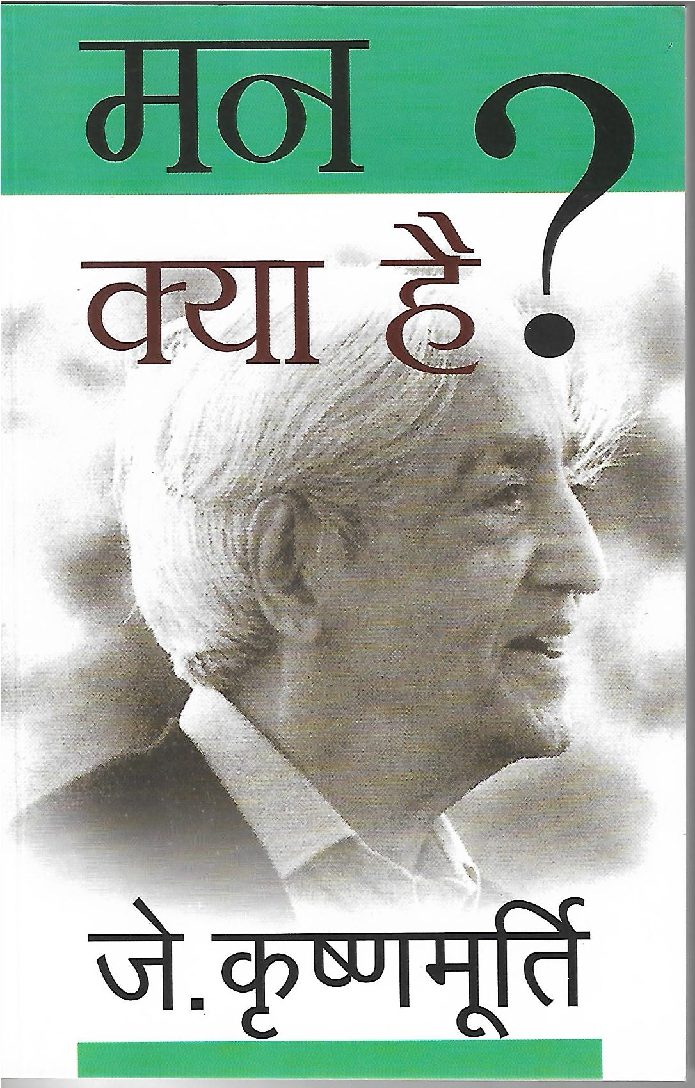
Jiddu Krishnamurti, a thinker and non secular trainer, left behind a wealthy legacy of books and talks that proceed to resonate with readers throughout the globe. His profound insights into the human situation, devoid of organized faith or dogma, provide a path in the direction of self-knowledge and freedom. Whereas his work is huge, encompassing a long time of lectures and writings, this text explores the core themes prevalent throughout his varied books, highlighting their enduring relevance within the modern world.
Krishnamurti’s writings usually are not simply categorized. They do not provide a system of perception or a set of practices to observe. As a substitute, they function a persistent inquiry into the character of thought, the self, and the constraints we impose upon ourselves. His books act as catalysts, prompting readers to query their very own assumptions and discover the depths of their very own being. This inherent problem is probably why his work stays so potent and related even at present.
The Core Themes:
A number of recurring themes emerge all through Krishnamurti’s in depth physique of labor. These embrace:
-
The Phantasm of the Self: A central idea in Krishnamurti’s philosophy is the dismantling of the "self" as a hard and fast entity. He argues that the "I" – the ego – is a assemble constructed upon recollections, experiences, and identifications. This sense of a separate self, he suggests, is the foundation of battle, struggling, and unhappiness. Books like Suppose on These Issues and Freedom from the Recognized delve deeply into this idea, urging readers to research the very basis of their id. He would not advocate for eliminating the "self," however for understanding its illusory nature, thereby liberating oneself from its limitations.
-
The Nature of Thought: Krishnamurti seen thought as the first supply of each creativity and struggling. He meticulously analyzed the workings of the thoughts, highlighting its repetitive patterns, its tendency to evaluate, and its capability to create illusions. In The First and Final Freedom, he explores how thought, when left unchecked, creates boundaries to understanding and prevents true freedom. His emphasis lies not on suppressing thought, however on observing it with out judgment, permitting for a extra direct and unmediated expertise of actuality.
-
Remark With out Judgment: Central to Krishnamurti’s teachings is the follow of remark with out judgment. This entails observing one’s ideas, emotions, and sensations with out reacting or evaluating them. This seemingly easy follow, nevertheless, requires immense self-awareness and self-discipline. It’s a path in the direction of self-understanding and an important step in breaking free from the constraints imposed by the ego. This theme is explored extensively in The Guide of Life and Commentaries on Residing.
-
Freedom from Conditioning: Krishnamurti vehemently opposed the concept of conditioning, whether or not imposed by society, faith, or custom. He believed that true freedom lies in breaking free from these ingrained patterns of considering and behaving. This consists of difficult societal norms, non secular doctrines, and private beliefs that restrict our potential for self-discovery. This theme is powerfully articulated in The Future is Now and The First and Final Freedom.
-
The Significance of Relationship: Krishnamurti acknowledged the importance of relationships in human life. Nonetheless, he cautioned towards the distortions that come up when relationships are primarily based on want, dependency, or possessiveness. True relationships, he argued, are born out of understanding and mutual respect, free from the calls for of the ego. His insights on relationships are scattered all through his works, however are notably related within the context of latest social dynamics.
-
Training and the Transformation of Society: Krishnamurti was deeply involved with the character of schooling and its function in shaping society. He criticized conventional academic programs for his or her emphasis on rote studying and conformity, advocating as a substitute for an schooling that fosters essential considering, self-awareness, and creativity. His concepts on schooling are explored in Training and the Significance of Life and varied different lectures and essays.
The Influence and Relevance of Krishnamurti’s Writings:
Krishnamurti’s affect extends far past the realm of philosophy. His teachings have impacted people from numerous backgrounds and beliefs, providing a pathway to self-discovery and private transformation. His books proceed to be broadly learn and studied, demonstrating their enduring relevance within the modern world. His emphasis on self-awareness, essential considering, and freedom from conditioning resonates notably strongly in a world grappling with complicated social and political points.
In an period dominated by info overload, superficiality, and a relentless pursuit of exterior validation, Krishnamurti’s name for introspection and self-understanding presents a strong antidote. His emphasis on observing the workings of the thoughts gives a framework for navigating the complexities of contemporary life. His critique of societal conditioning encourages people to query established norms and forge their very own paths in the direction of authenticity.
The enduring attraction of Krishnamurti’s writings lies of their directness, their readability, and their profound simplicity. He avoids esoteric language and sophisticated theories, as a substitute specializing in the on a regular basis realities of human expertise. His insights usually are not supposed to be passively accepted; reasonably, they’re invites to inquiry, urging readers to discover the depths of their very own being and to find the liberty that lies inside.
Particular Books and their Contributions:
Whereas all of Krishnamurti’s works are interconnected, some stand out for his or her particular focus:
- Suppose on These Issues: A set of essays that explores varied facets of human psychology and the seek for which means.
- Freedom from the Recognized: A profound exploration of the character of thought and its function in creating the phantasm of the self.
- The First and Final Freedom: A robust assertion on the character of freedom and the trail in the direction of liberation.
- The Guide of Life: A set of dialogues and discussions that delve into the intricacies of human relationships and the seek for fact.
- Commentaries on Residing: A collection of insightful commentaries on on a regular basis life, providing sensible functions of Krishnamurti’s philosophy.
- Training and the Significance of Life: A essential examination of conventional schooling and a imaginative and prescient for a extra holistic and transformative strategy.
Conclusion:
J. Krishnamurti’s books usually are not merely philosophical treatises; they’re invites to a journey of self-discovery. They provide a framework for understanding the human situation, navigating the challenges of life, and in the end, discovering freedom. His work continues to encourage and problem readers, reminding us of the profound potential that lies inside every of us, ready to be unveiled by means of self-awareness and conscious remark. His legacy is a testomony to the enduring energy of easy, but profound truths, and his books stay a beneficial useful resource for anybody looking for a deeper understanding of themselves and the world round them.
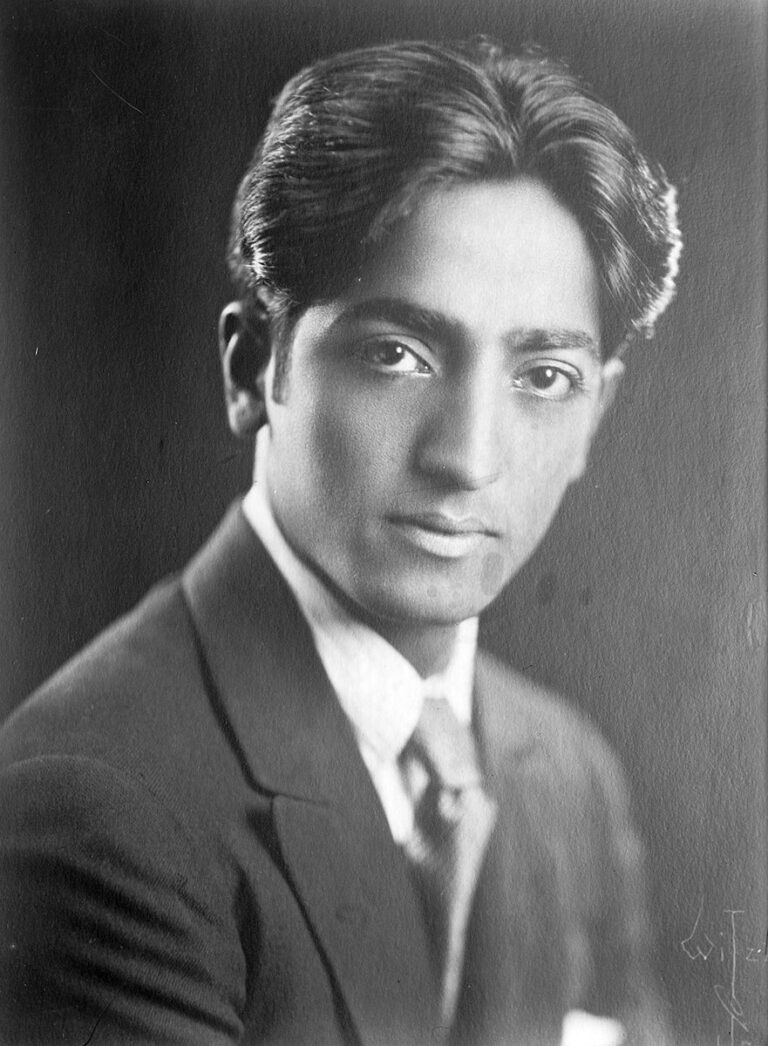


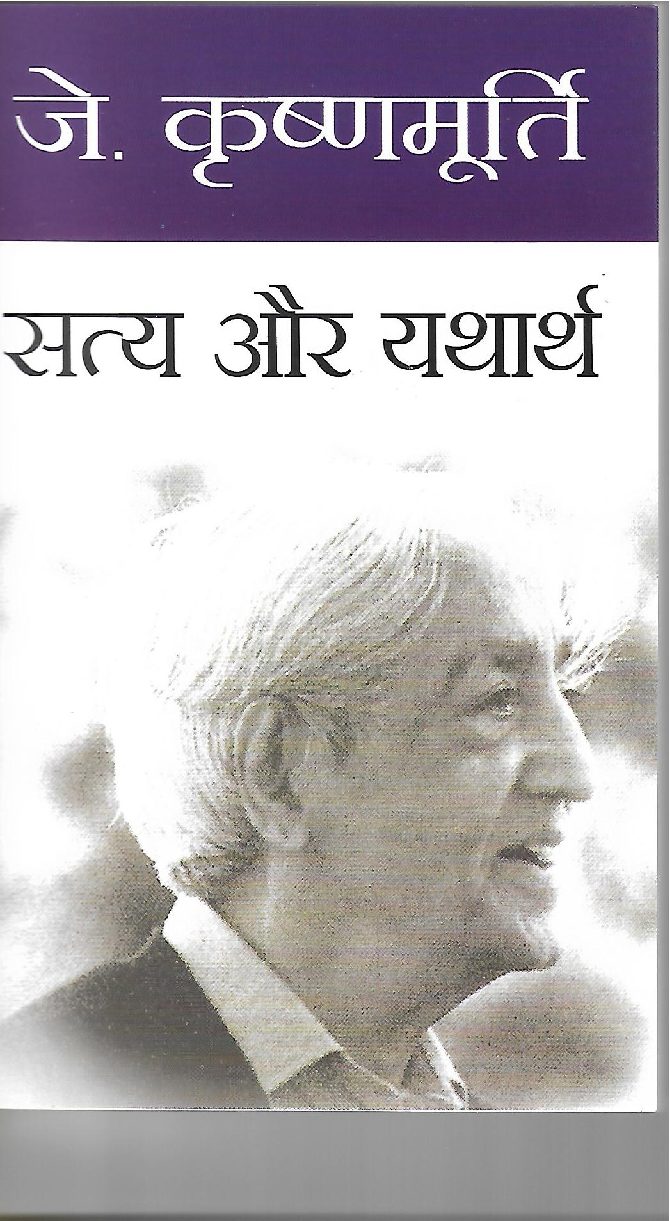
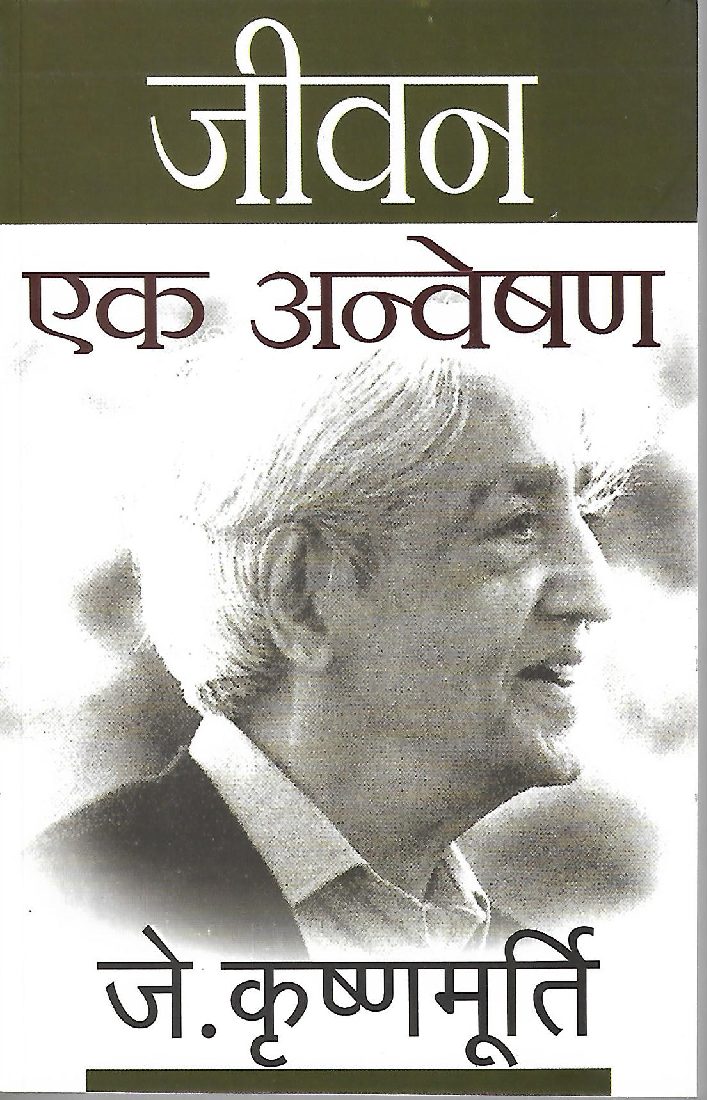
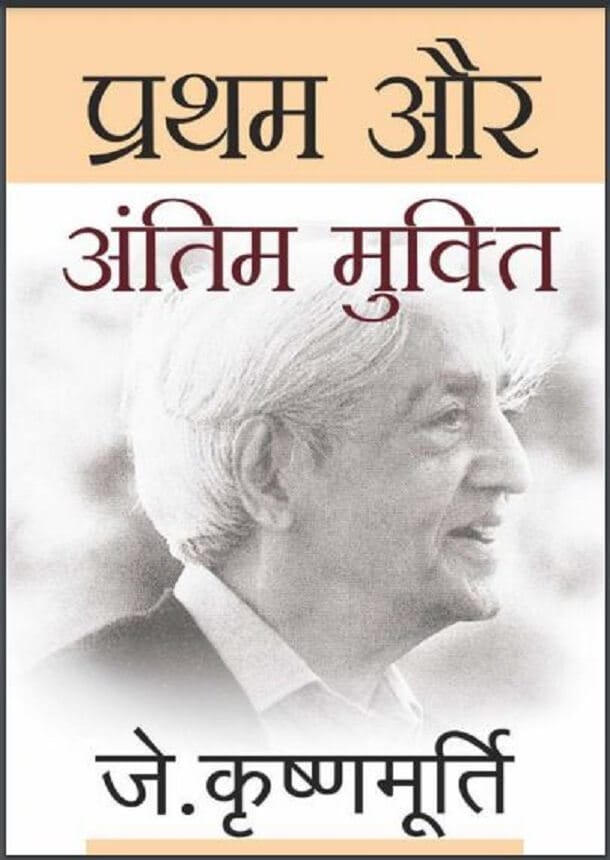


Closure
Thus, we hope this text has supplied beneficial insights into j krishnamurti books in hindi. We thanks for taking the time to learn this text. See you in our subsequent article!